Dubai is a vibrant and modern city in the United Arab Emirates (UAE). Dubai is known for its thriving economy, iconic skyscrapers and luxurious lifestyle. It boasts world-class infrastructure, including the Burj Khalifa, the tallest building in the world, and Palm Jumeirah, a human-origin island. Dubai is a global center for tourism, entertainment and business. It offers a blend of traditional Middle Eastern culture and a cosmopolitan atmosphere. The city is famous for its diverse gastronomic offerings, luxurious shopping and impressive entertainment. It makes it a popular destination for travelers from all over the world. Here is the full article about Dubai city and its history, geography and economy:
History
Dubai is a city in the UAE (United Arab Emirates) known for its modern architecture, luxury shopping, and lively nightlife. The history of Dubai dates back to the pre-Islamic period when the area was inhabited by nomadic tribes.
In the early 18th century, Dubai was a small fishing village with about 800 people. The Al Maktoum family, one of the ruling families of the UAE, arrived in Dubai in 1833. They established themselves as the leaders of the region.
In the late 19th century, Dubai began to flourish as a trading hub, thanks to its strategic location on the Persian Gulf. The city’s economy was based on pearl diving, fishing, and trading with India, Iran, and East Africa.
In 1966, oil was discovered in Dubai, which transformed the city’s economy and led to a period of rapid development. Sheikh Rashid bin Saeed Al Maktoum, who ruled from 1958 to 1990, played a crucial role in modernizing the city and making it an international business hub.
Dubai’s economic growth continued throughout the 1990s and 2000s, as the city attracted foreign investment and became a major center for finance, tourism, and trade. The city is now known for its impressive skyscrapers, such as the Burj Khalifa, as well as its luxury hotels, shopping malls, and artificial islands.
Today, Dubai is one of the most cosmopolitan cities in the world, with a diverse population of expatriates from around the globe. Its economy is still heavily dependent on oil and gas, but the city has also diversified into other sectors, such as tourism, real estate, and finance.
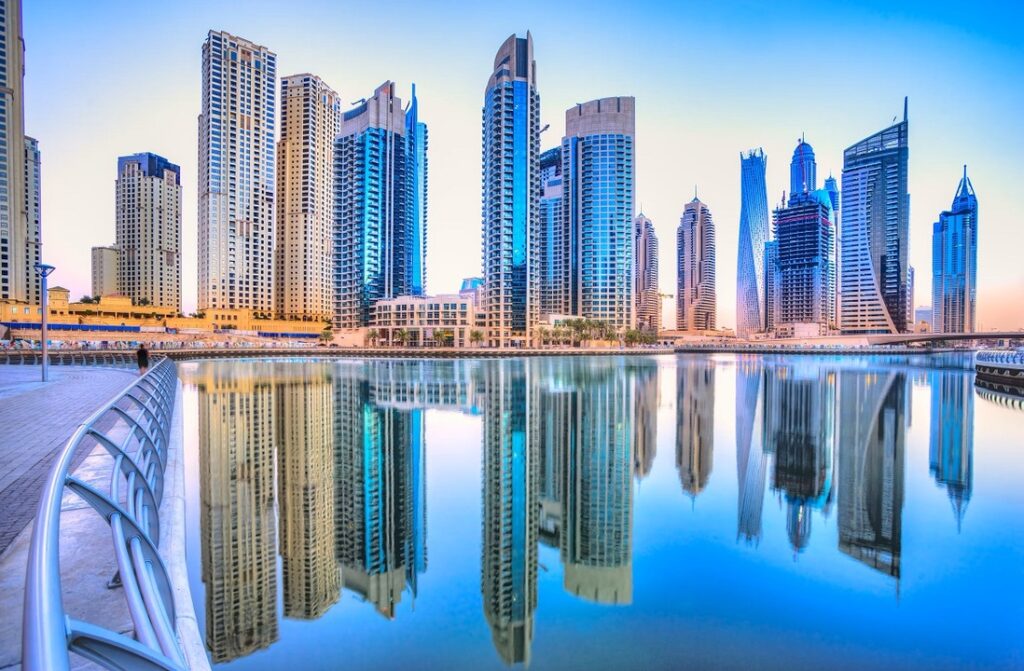
Geography
Dubai City is situated on the Arabian Peninsula and has a desert climate with hot summers and warm winters. The city has a total area of 4,114 square kilometers (1,588 square miles), which includes both land and water areas.
Dubai is characterized by a desert climate, with hot summers and mild winters. Temperatures can exceed 40°C (104°F) during the summer months, while winter temperatures usually range between 14°C (57°F) and 24°C (75°F). The city receives very little rainfall throughout the year, with most of the precipitation occurring during the winter months.
The city is divided by a natural inlet, known as Dubai Creek, which runs through the center of the city and separates the districts of Bur Dubai and Deira. The creek is a major trading hub and is home to numerous traditional trading vessels, known as dhows. In recent years, the city has expanded along the coast and has developed a number of man-made islands, including the Palm Jumeirah and the World Islands.
Dubai is also located in a strategic position for trade and commerce, with easy access to markets in Europe, Asia, and Africa. The city is home to one of the world’s busiest airports, the Dubai International Airport, as well as the Jebel Ali Port, which is one of the largest ports in the region. The city’s location and infrastructure have helped to make it a major center for trade, logistics, and finance in the Middle East.
Economy
The economy of Dubai is heavily dependent on its oil industry, which accounts for a significant portion of the city’s GDP. However, in recent years, the city has diversified its economy and has become a hub for trade, tourism, and finance.
Dubai’s strategic location, modern infrastructure, and favorable business environment have made it an attractive destination for businesses and investors worldwide. The city’s government has implemented policies and initiatives to promote entrepreneurship, innovation, and foreign investment. As a result, Dubai has become a regional center for finance, logistics, and tourism.
The tourism industry is a significant contributor to Dubai’s economy. The city is home to numerous world-class attractions, including the Burj Khalifa, the world’s tallest building, and the Palm Jumeirah, a man-made island that has become an iconic symbol of Dubai. Dubai is also known for its shopping malls, luxury hotels, and cultural festivals, which attract millions of visitors each year.
Dubai has also established itself as a major financial center in the region. The city is home to a number of international banks, financial institutions, and investment firms. The Dubai International Financial Centre (DIFC) is a free zone that provides a favorable environment for businesses to operate in.
In addition to its oil industry, Dubai has also developed a thriving logistics sector. The city is home to one of the world’s busiest airports, the Dubai International Airport, and the Jebel Ali Port, which is one of the largest ports in the region. Dubai’s location and infrastructure make it an ideal hub for trade between Asia, Europe, and Africa.
Overall, Dubai’s economy has diversified significantly in recent years and has become more resilient to fluctuations in the oil market. The city’s strategic location, favorable business environment, and world-class infrastructure make it an attractive destination for businesses and investors worldwide.
Population
As of 2021, the population of Dubai is estimated to be around 3.4 million people. The population of Dubai has grown significantly in recent years due to the city’s economic development and increasing opportunities for employment and business. The population is highly diverse, with a mix of nationalities from around the world. According to official statistics, around 85% of the population are expatriates, with the largest groups coming from India, Pakistan, Bangladesh, and the Philippines. The remaining 15% are Emirati citizens. Dubai is known for its cosmopolitan culture and welcoming attitude towards foreigners, which has helped to attract a diverse range of people to live and work in the city.
Tourism
Dubai City is a popular destination for tourists, with attractions such as the Dubai Mall, the largest shopping center in the world, Burj Khalifa the tallest building in the world, the Dubai Fountain, a choreographed water fountain show, and the Dubai Miracle Garden, the world’s largest flower garden, Palm Jumeirah, an artificial island, Dubai Creek, a historic waterway, Ski Dubai, an indoor ski resort, Dubai Marina, a man-made marina with luxury yachts, Jumeirah Beach, a public beach with clear waters and Dubai Museum, the museum showcases the history and culture of Dubai. Other popular activities include desert safaris, visiting traditional souks (markets), and enjoying the city’s many restaurants, bars, and nightclubs.
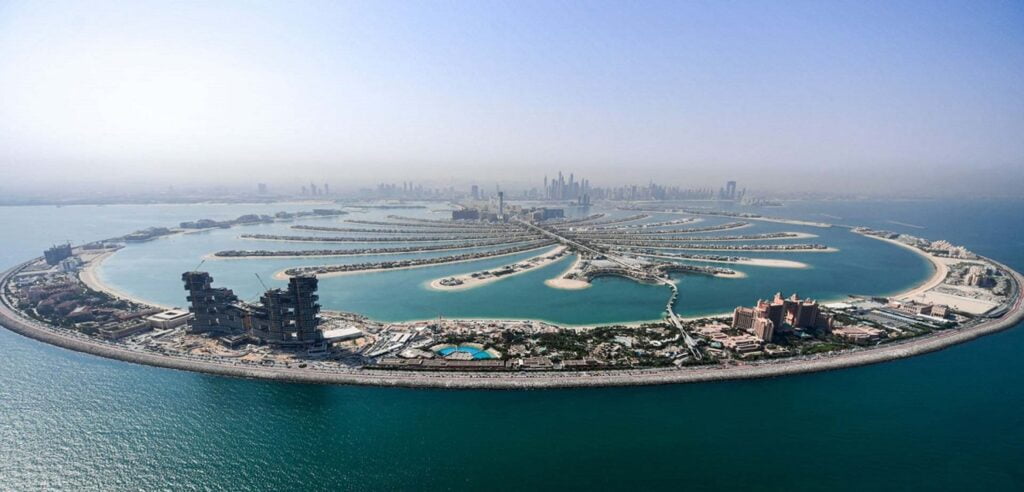
Transportation
Dubai has a well-developed infrastructure, including a modern transportation system, such as Metro, Buses, Taxis, Tram, Water Transport, Cycling, Car rental, high-speed internet, and state-of-the-art medical facilities. The city is also home to several prestigious universities and international schools.
Conclusion
Overall, Dubai city is a dynamic, cosmopolitan city with a unique blend of traditional culture and modern innovation. Its luxurious lifestyle, world-class attractions, and business-friendly environment make it a popular destination for both tourists and investors alike.

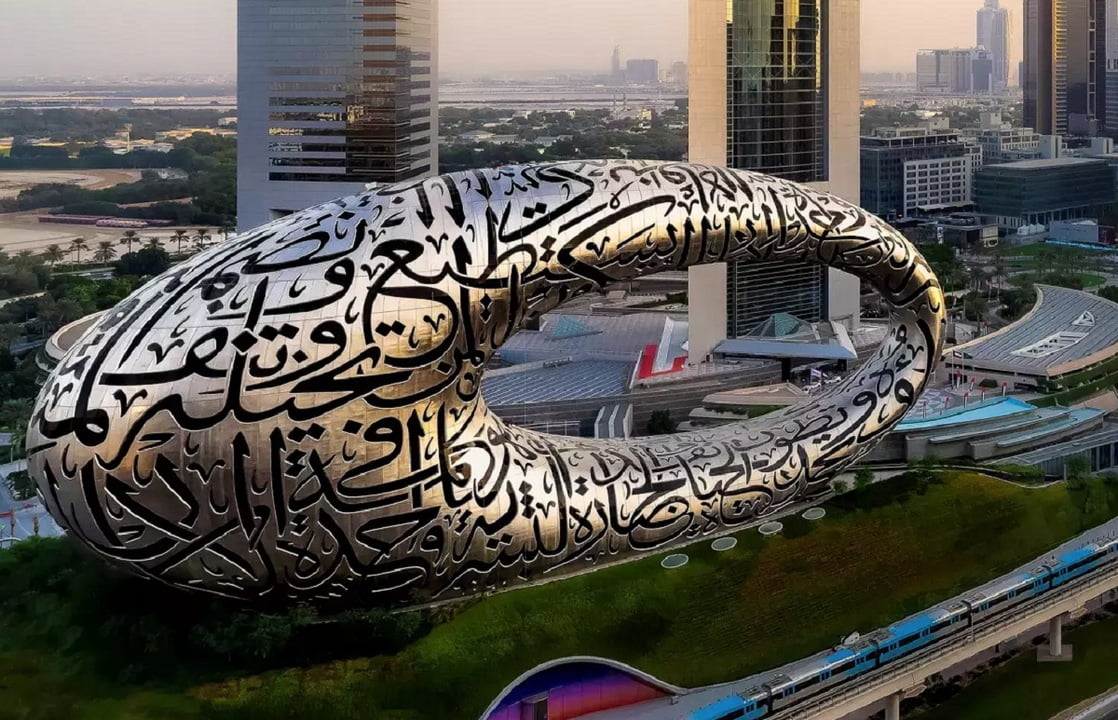
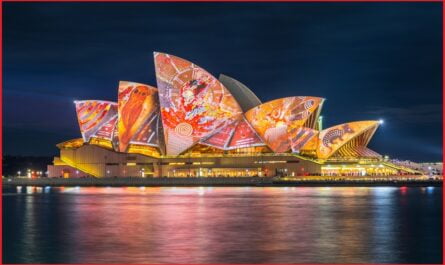

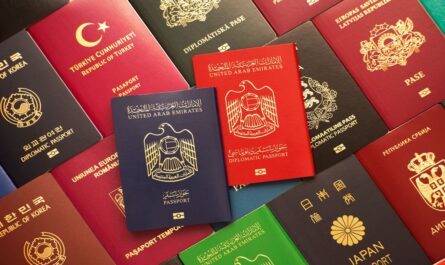
Very impressive content dear. I really enjoyed the way you wrote. keep it up.
Have a great day.
Thanks Sir for the feedback